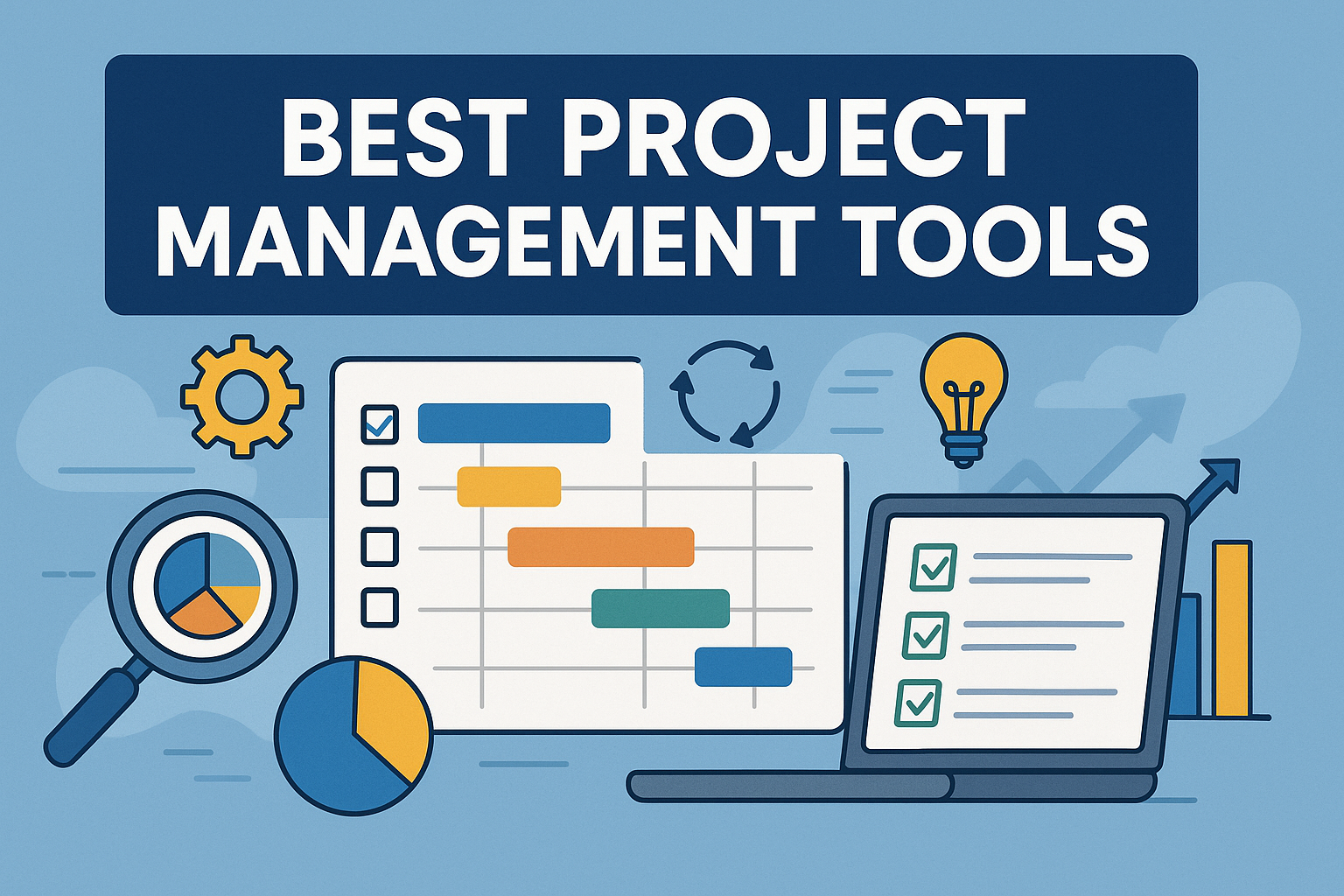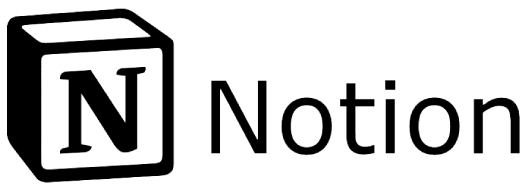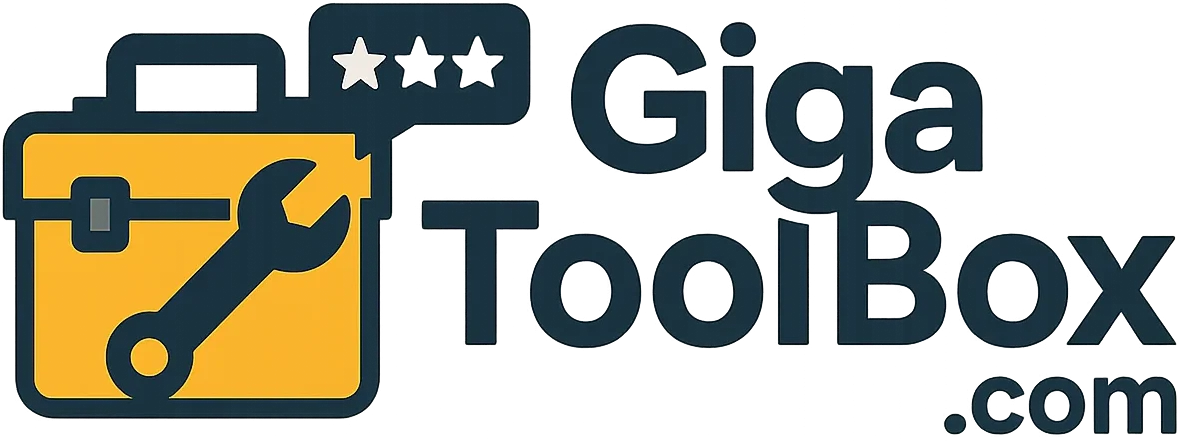
Choosing the right project management software can make or break your team’s productivity. Whether you’re managing a startup, coordinating cross-functional departments, or running a global enterprise, the best project management tools help organize tasks, streamline collaboration, and keep projects on track.
We’ve compiled the 10 best project management software solutions for 2025, each offering unique features to suit different team needs and industries. From all-in-one workspaces to simple Kanban boards, there’s something here for every workflow.
Quick Comparison Table
| Tool | Free Plan | Starting Price | Best For | Key Features |
|---|---|---|---|---|
| Monday.com | Yes (2 users) | $9/user/month | All-in-one workflow management | Views, automations, templates, integrations |
| Asana | Yes (up to 10 users) | $10.99/user/month | Easy-to-use task & project tracking | Tasks, dependencies, timeline, dashboards |
| ClickUp | Yes (unlimited users) | $5/user/month | Feature-rich project & doc management | Docs, time tracking, dashboards, automation |
| Trello | Yes (limited boards) | $5/user/month | Simple Kanban workflows | Drag-and-drop boards, Power-Ups, checklist tracking |
| Jira | Yes (up to 10 users) | $7.75/user/month | Agile software development | Scrum/Kanban boards, sprint management |
| Wrike | Yes (limited features) | $9.80/user/month | Marketing & enterprise teams | Real-time dashboards, proofing, custom workflows |
| Smartsheet | Trial only | $9/user/month | Spreadsheet-style project reporting | Gantt, grid views, automation, dashboards |
| Basecamp | Yes (personal use) | $15/user/month or $299 flat | Small businesses & agencies | To-dos, chat, schedule, flat-rate pricing |
| Notion | Yes (for individuals) | $10/user/month | Docs + task tracking for startups | Custom databases, wikis, timelines |
| Procore | No (demo available) | Custom pricing | Construction project management | RFIs, blueprints, field logs, cost tracking |
1. Monday.com

Best for: Teams needing a flexible, all-in-one project management software
Monday.com is a highly customizable Work OS that allows teams to build workflows, automate tasks, and collaborate in real time. With multiple view types (Kanban, calendar, Gantt, timeline), pre-built templates, and hundreds of integrations, it’s designed to scale with your team.
Key Features:
- Multiple project views (timeline, Kanban, calendar, Gantt)
- Automation of repetitive tasks
- Templates for marketing, HR, sales, and more
- Real-time collaboration and file sharing
- Integrates with Slack, Google Workspace, and more
Pricing: Free plan for up to 2 users. Paid plans start at $9/user/month (billed annually).
Read our full review of Monday.com here
2. Asana

Best for: Simple, visual task management for growing teams
Asana is a clean and intuitive project management tool that helps teams organize work into tasks and projects with deadlines, subtasks, and dependencies. It supports multiple project views and is ideal for teams that need clarity and ease of use without sacrificing power.
Key Features:
- List, board, calendar, and timeline views
- Task dependencies and subtasks
- Goal tracking and team dashboards
- Over 100 integrations
Pricing: Free for up to 10 users. Paid plans start at $10.99/user/month (billed annually).
Read our full review of Asana here
3. ClickUp
Best for: Feature-hungry teams looking for an all-in-one project management tool
ClickUp is one of the most versatile tools on the market, combining task management, docs, chat, goals, and more into a single workspace. It’s ideal for teams that want to replace multiple apps with one powerful platform.
Key Features:
- Tasks with custom fields and statuses
- Docs, whiteboards, and time tracking
- Advanced automation and dashboards
- Over 1,000 integrations
Pricing: Free for unlimited users. Paid plans start at $5/user/month (billed annually).
4. Trello
Best for: Simple Kanban-style task management
Trello is the go-to tool for teams that love visual boards. Its drag-and-drop cards and list-based interface make organizing projects intuitive and fast. Ideal for individuals, startups, and small teams.
Key Features:
- Easy-to-use Kanban boards
- Checklists, due dates, and attachments
- Power-Ups for calendar, Gantt, and integrations
- Great mobile app support
Pricing: Free plan available. Paid plans start at $5/user/month (billed annually).
5. Jira
Best for: Agile software development teams
Jira is a robust platform specifically designed for developers and Agile teams. It supports Scrum and Kanban boards, issue tracking, and customizable workflows to help manage complex software projects from planning to deployment.
Key Features:
- Scrum and Kanban boards
- Sprint planning and backlog management
- Advanced reporting and automation
- Integrates with Bitbucket, GitHub, and other dev tools
Pricing: Free for up to 10 users. Paid plans start at $7.75/user/month (billed annually).
6. Wrike

Best for: Marketing and enterprise project teams
Wrike offers powerful project management features with real-time collaboration, custom workflows, and advanced reporting. It’s tailored for marketing, operations, and enterprise teams that need robust resource management and visibility across departments.
Key Features:
- Multiple views: list, Gantt, board, and more
- Real-time dashboards and analytics
- Automation and request forms
- Strong proofing and file review features
Pricing: Free plan available. Paid plans start at $9.80/user/month (billed annually).
Read our full review of Wrike here
7. Smartsheet

Best for: Spreadsheet-style project tracking and reporting
Smartsheet combines the familiarity of spreadsheets with advanced project management features. It’s ideal for operations, construction, and finance teams managing data-heavy projects and requiring custom reporting.
Key Features:
- Grid, Gantt, card, and calendar views
- Custom reports and dashboards
- Forms for data collection
- Powerful automations and integrations
Pricing: Paid plans start at $9/user/month (billed annually). Free trial available.
Read our full review of Smartsheet here
8. Basecamp
Best for: Small teams and client-focused agencies
Basecamp is a communication-first platform that keeps everything about a project in one place. With message boards, task lists, calendars, and real-time chat, it’s perfect for teams that prioritize simplicity and collaboration.
Key Features:
- To-do lists, file storage, message boards
- Real-time chat (Campfire)
- Simple project scheduling
- Flat-rate pricing option for unlimited users
Pricing: Free plan for small teams. Paid plans start at $15/user/month or $299/month flat.
9. Notion

Best for: All-in-one workspaces combining docs and tasks
Notion allows you to build custom workspaces that include project tracking, team wikis, meeting notes, and more. It’s ideal for startups and creative teams that want ultimate flexibility in how they structure their work.
Key Features:
- Custom databases and task boards
- Document collaboration and wikis
- Multiple view types: board, calendar, timeline
- Template library and robust formatting tools
Pricing: Free for individuals. Paid plans start at $10/user/month (billed annually).
Read our full review of Notion here
10. Procore
Best for: Construction project management
Procore is an end-to-end platform built for construction professionals. It connects teams from the office to the job site with features for drawings, RFIs, submittals, inspections, and budget tracking.
Key Features:
- Document and drawing management
- Daily logs and field reporting
- Financial tools and job costing
- Offline access via mobile app
Pricing: Custom pricing based on project volume. Contact sales for a demo.
Final Thoughts
The best project management software will depend on your team size, industry, and workflow needs. Whether you want a simple Kanban board or a robust, enterprise-grade platform, there’s a tool on this list that can help you work smarter and faster.
Evaluate your priorities — ease of use, scalability, collaboration, or specialized features — and explore the best project management tools that align with your goals.
